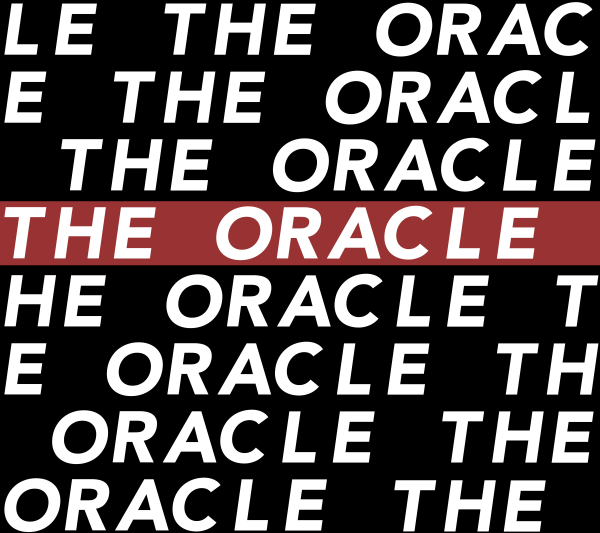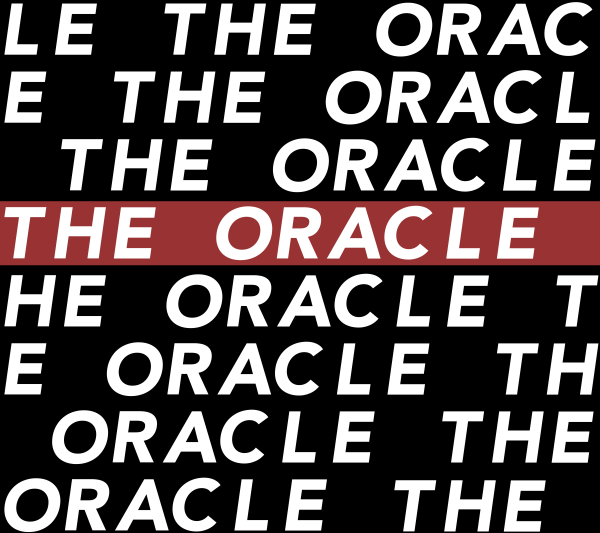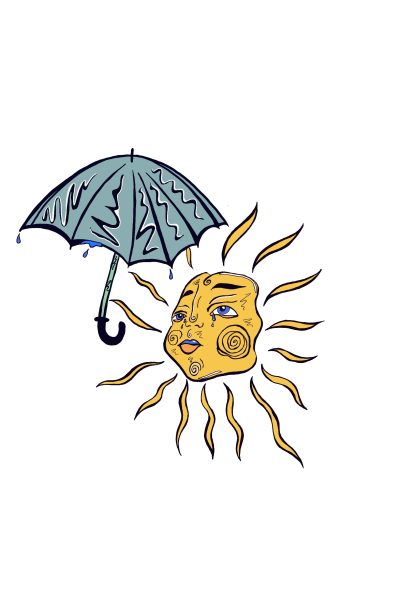A sanguine look at our relationships
November 24, 2021
A couple of years ago my mother bought me a book on business leadership: “Great by Choice: Uncertainty, Chaos, and Luck — Why Some Thrive Despite Them All”. I found the book well-written and informative, able to provide business acumen even to those outside of the world of business and finance (such as myself). The most thought-provoking section, one that has been on the back of my mind ever since reading, was located on a single page in the final chapter. A shaded box on page 161 tells off the breakthrough success of a once small biotech company, Amgen.
Amgen sprung to tremendous success after the creation of its flagship product, the EPO gene, making billions in the process. The gene is part of a technology used to stimulate blood production, and is truly a life-saver; used for cancer and other conditions, it has since made its way to the World Health Organization’s List of Essential Medicines. While it would be easy to chalk up Amgen’s success to a stellar product—and stellar it is—the 1998 chairman of Amgen, George Rathman, recognized something else at play. In a speech he gave on Amgen’s “defining moment,” he pointed not to a product, but to a person: scientist Fu-Kuen Lin.
Mr. Lin came to work for Amgen after seeing a help-wanted ad; little did the HR department know what a stellar find they had in Lin. He treated the project as his own, laboring for hours over every minutiae, working 16-hour days in the lab. One early morning when Amgen’s chairman showed up to work, he noticed some lights had been left on inside. As he walked in the building, he found not an empty lab, but a dedicated Mr. Lin who had spent the night working on the project. In the end, through months of sleepless nights, Fu-Kuen Lin did the once impossible: he cloned the EPO gene.
The book made the point that the tremendous success of Amgen came down not to product, but to luck—people luck. I’ve never thought of the concept before reading the book, but it makes perfect sense. Amgen would have no product if it weren’t for the luck of Mr. Lin joining their staff. For all we know, had Lin gone to work for a competitor, Amgen would have not revolutionized blood production, and might not even exist today. The book recognizes that the best protocols, procedures and products ultimately come from the best people that an organization is lucky enough to have.
“People exemplify values, pursue purpose, and achieve big hairy audacious goals. Of all the luck we can get, people luck–the luck of finding the right mentor, partner, teammate or friend–is one of the most important,” the book says.
I bring up this topic because it touches on the key sentiment of gratitude surrounding Thanksgiving. In times past I have attempted gratitude for my experiences, possessions or opportunities. But this year, I’m working to appreciate the tremendous people luck in my life; that is, the people I am lucky enough to have around, especially my family. I routinely take it for granted: the people in my life are just the people who happen to be there. But that is precisely the point: they just so happen to be there, outside of any control of our own, but to our luck. It ought to be recognized that the most enduring benefits we receive is not in possessions or place, but people. People have shaped my life choices, career path, even my personality. Through encouragement, support or criticism, it has been the influence of people that has provided the most enduring facets of my life. Why haven’t I thought to be grateful for this before?
In a fortuitous way, I find it very appropriate that Mr. Lin’s work was with providing blood. What a fitting metaphor for the life-giving people luck we have.





